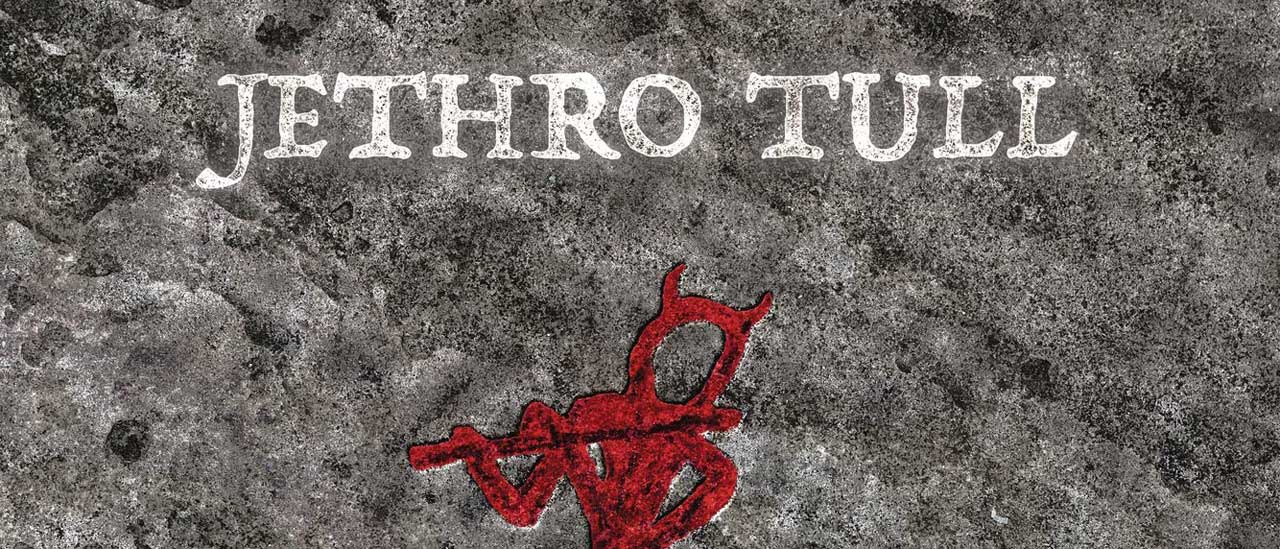You can trust Louder
From Christianity to paganism - the Jethro Tull revival continues. Just as it seemed that Tull were fizzling out amid a welter of live albums, orchestral albums and anniversary reissues, not to mention lan Anderson solo albums (confusingly using the same musicians) that picked at the bones of Tull's past, the band have been reborn as a viable contemporary outfit.
Their 2022 album The Zealot Gene, themed around verses from the Bible, restored Jethro Tull to the UK Top 10 album chart for the first time since Thick As A Brick back in '72. Now, just over a year later, Tull are back with RökFlöte which has forsaken the Bible in favour of the paganism of Norse mythology, a more popular rock'n'roll inspiration that has given rise to a whole musical genre.
But anyone expecting a death metal album from Jethro Tull is going to be disappointed. Ian Anderson is more interested in the characters and the cruelty that proliferate amid the myths and sagas of the Norse lands than in the comic-book manifestations that the subtlety-free death metal bands suck up so eagerly.
What's surprising is that Anderson can kick up more menace with his flute than any number of hoarse roaring voices and thrashing guitars. Rökflöte opens – and closes –with some metal-sounding flute feedback that makes for a chilling atmosphere. On the opening Voluspo, that's followed by a ponderous theme to underscore the portentous implications of the prophecy that lies at the heart of Norse mythology.
Anderson introduces the family of Nordic gods-including the one-eyed Odin and his son Thor whose murderous exploits make up the various sagas-with a seemingly inexhaustible supply of themes and melodies that are every bit as descriptive as his lyrics. And his flute playing has reached a maturity that enables him to capture the complexity he uncovers in Thor's character, on Hammer On Hammer, while also making a lyrical allusion to Putin. Likewise the howl he produces on his flute at the beginning of Wolf Unchained is more effective than the real thing, hinting at the carnal power that makes the image of the wolf so disturbing,
The music lightens up when Anderson moves on to the sagas themselves, but the intricacies remain. As do the idiosyncratic allusions - such as the Mae West flotation jackets worn by the pilots who protected Britain during World War Two that crop up in Guardian's Watch, a song about those who protect the gods.
Sign up below to get the latest from Classic Rock, plus exclusive special offers, direct to your inbox!
Hugh Fielder has been writing about music for 50 years. Actually 61 if you include the essay he wrote about the Rolling Stones in exchange for taking time off school to see them at the Ipswich Gaumont in 1964. He was news editor of Sounds magazine from 1975 to 1992 and editor of Tower Records Top magazine from 1992 to 2001. Since then he has been freelance. He has interviewed the great, the good and the not so good and written books about some of them. His favourite possession is a piece of columnar basalt he brought back from Iceland.


